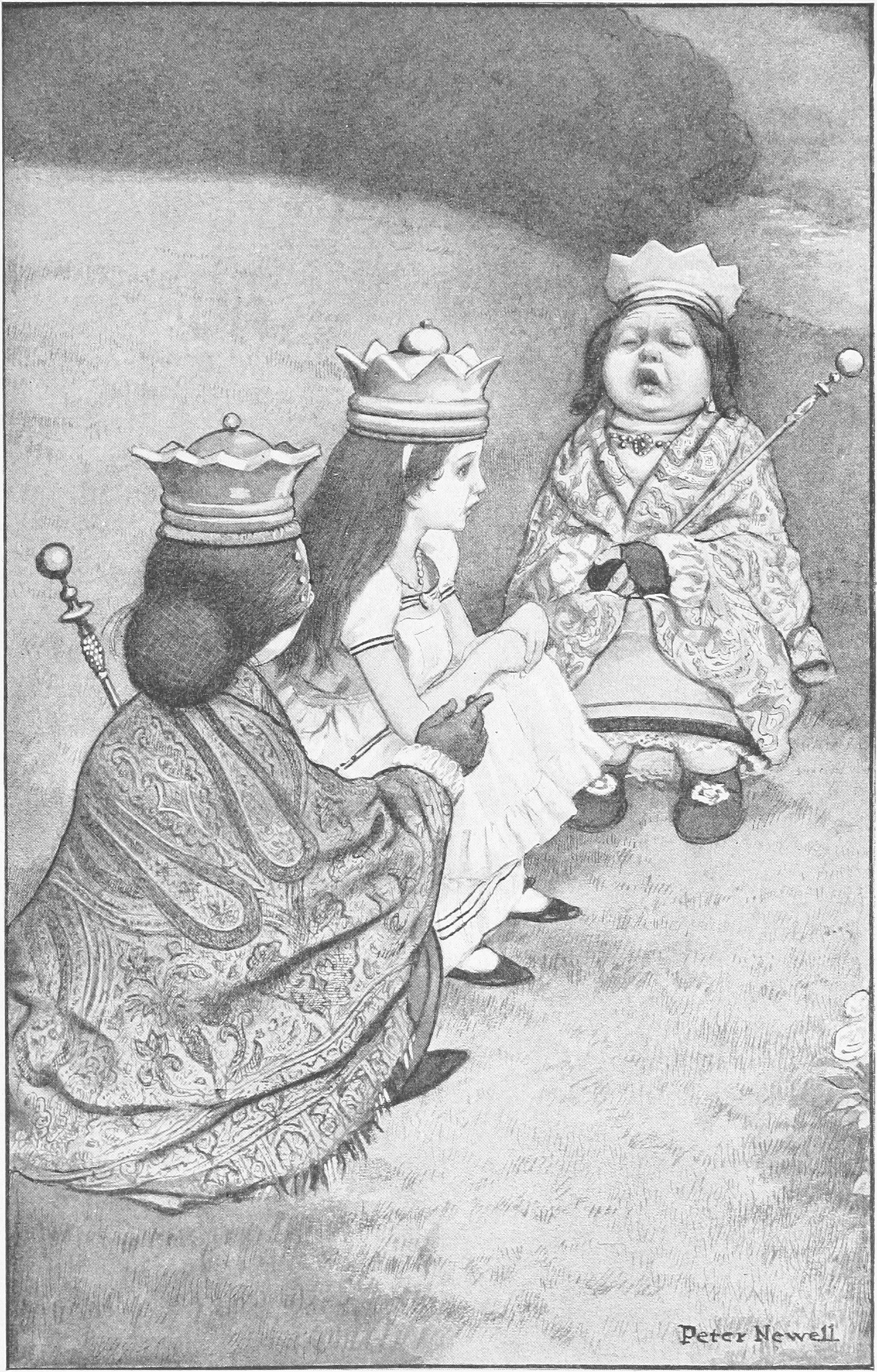Jam to-day
Recently
I listened to an On Being segment
interviewing Rex Jung, a neuropsychologist and creativity researcher, in which
he discusses, among other things, transient hyperfrontality, that brain
state in which we are most apt to make connections between the seemingly
unrelated to innovative effect. He had a useful metaphor for this
brain state, comparing our usual brain function to a super highway, and
transient hyperfrontality or, the down
regulation of the frontal lobes, to the back roads, or even the dirt roads,
where our minds wander freely. This is not “knowledge acquisition,” but rather a kind of deep, undirected processing that
creates something new and useful
(which, for many neuropsychologists, is the working definition of creativity).
We all have our own ways of getting there, he notes: walking, yoga, napping, driving, rearranging the paperclips on our desk.
I wrote a
poem about it once…
Tennyson Walked
In the bizarre rituals of the batter
I see the writer at her early morning desk
Herding the paper clips,
Aligning the research stacks, just so
To create a path perhaps, a sight line,
A semblance of a clear-cut open path.
Virginia Woolf cleaned the house first,
Tennyson walked.
A rite of order and approach that,
On more than one occasion
Allowed them to hit it out of the park.
Anyone
immersed in the novel writing process, particularly the research/exploration
end of novel writing, is familiar with the strange, out-of-time, connectivity
that seems to arise from this kind of creative work. Associations multiply.
Dramatic coincidences abound. Jung called it “synchronicity”, temporally
coincident occurances of acausal events. It is an odd state, where unrelated events or
circumstances become meaningful and often symbolic. For the writer deeply
engaged with theme and storyline, it’s a familiar sensation; the
roots and branches of research are endless, and significant connections grow
and multiply.
This is
the way the writer’s brain works, by association,
and it was with great relief that I came to realize that what I considered my
scattered, undisciplined, illogical processing was, in fact, a boon to the
artist, a state of mind to be prized
and cultivated. We are all our own libraries, after all, our psychological and
emotional and intellectual shelves stacked high from birth, in our own quirky
systems, with all we hold meaningful.
'The rule is, jam tomorrow and jam
yesterday--but never jam to-day.
'
'It MUST
come sometimes to "jam to-day,"' Alice objected.
'No, it
can't,' said the Queen. 'It's jam every OTHER day: to-day isn't any OTHER day,
you know.
'
'I don't
understand you,' said Alice. 'It's dreadfully confusing!'
'
‘That's the
effect of living backwards,' the Queen said kindly: 'it always makes one a
little giddy at first—
'
'Living
backwards!' Alice repeated in great astonishment. 'I never heard of such a
thing!'
'
--but there's
one great advantage in it, that one's memory works both ways.
'
'I'm sure
MINE only works one way,' Alice remarked. 'I can't remember things before they
happen.
'
'It's a poor
sort of memory that only works backwards,' the Queen remarked.
Lewis
Carrol, Through The Looking Glass

No comments:
Post a Comment